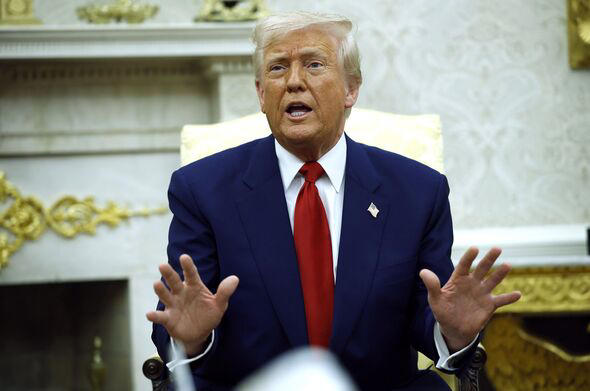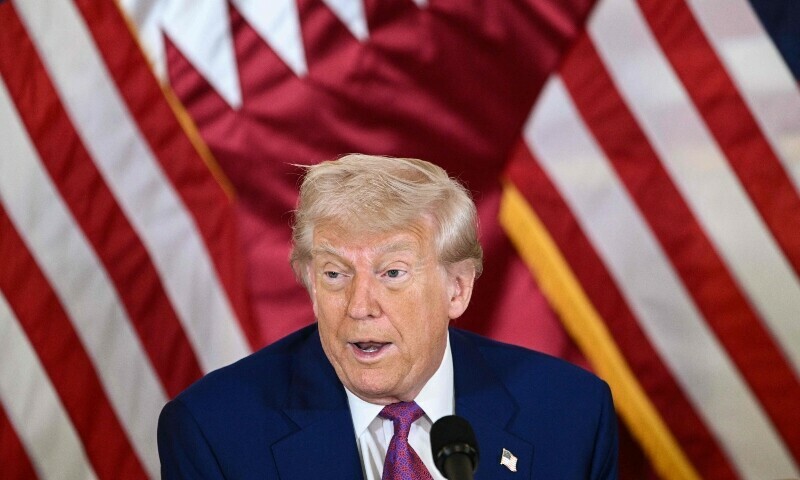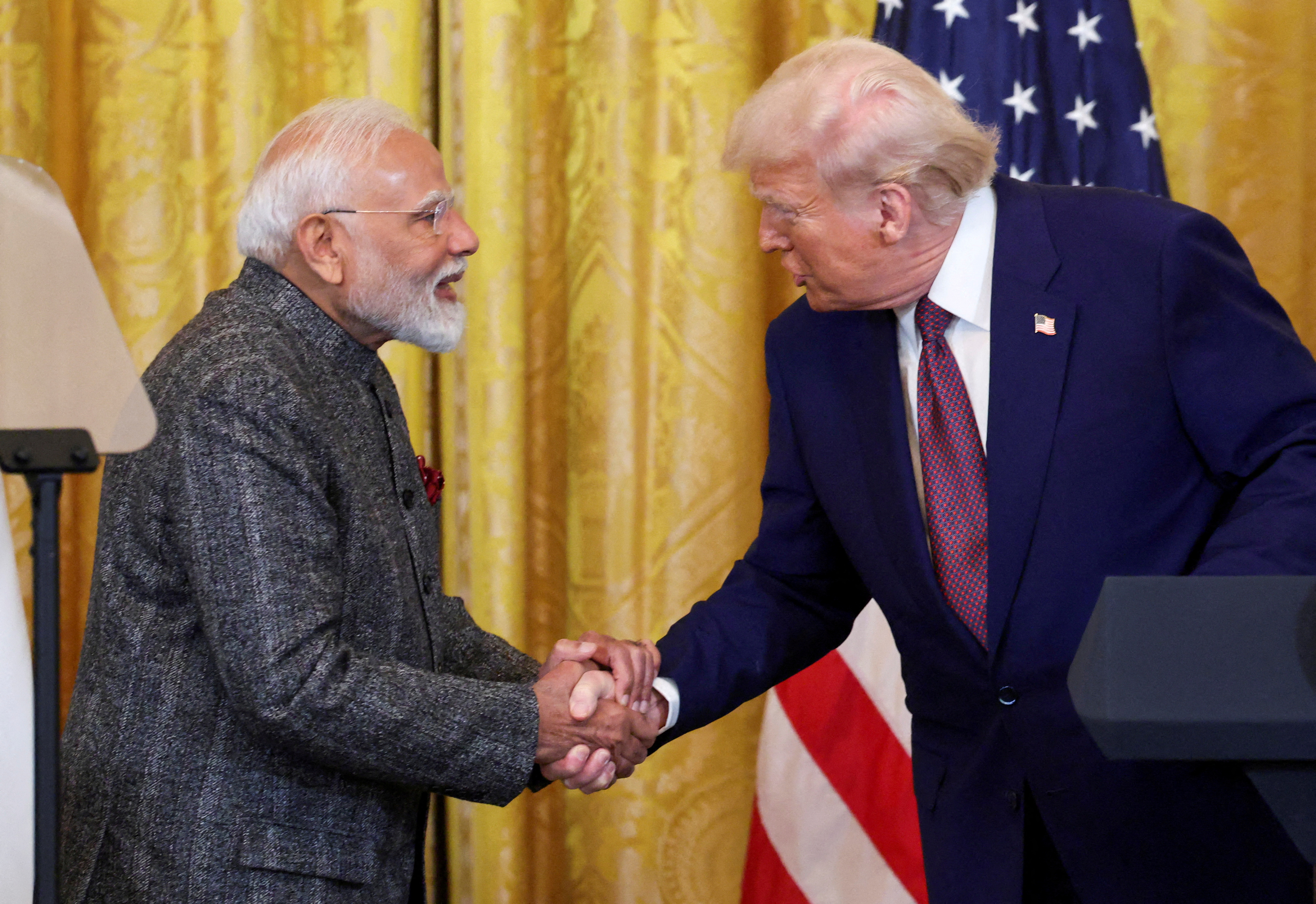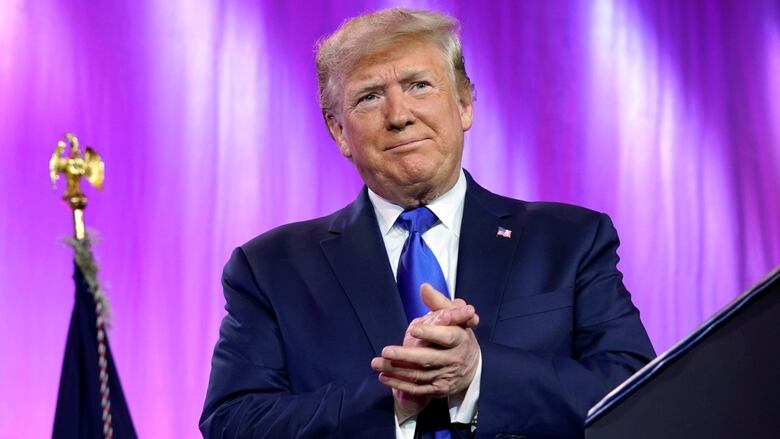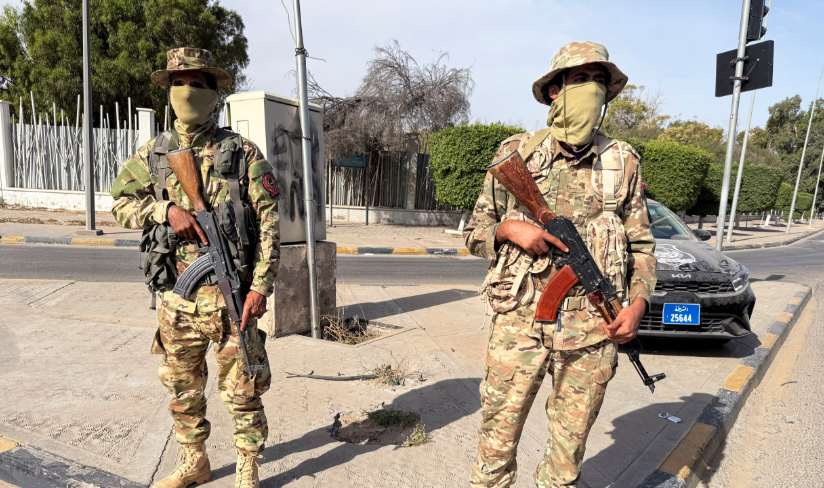WORLD NEWS

In a significant development within the Taliban leadership, Sirajuddin Haqqani, the head of the influential Haqqani network and Afghanistan’s acting interior minister, has reportedly resigned. Indian media sources claim that his resignation is the result of serious differences with Taliban supreme leader Haibatullah Akhundzada, signaling growing internal conflicts within the group.
Rising Tensions Within the Taliban
Since the Taliban’s takeover of Afghanistan in 2021, internal divisions have deepened, particularly between the Haqqani network and Akhundzada’s faction. Reports suggest that Haqqani strongly opposed key Taliban policies, including restrictions on women’s education, strict foreign policy decisions, and internal governance approaches.
Haqqani, who had recently traveled abroad for medical treatment, is now back in Kabul, reportedly resting. His resignation highlights the increasing struggle for influence within the Taliban hierarchy, where different factions have competing visions for Afghanistan’s future.
Power Struggles and Factional Rivalries
Experts believe that the Taliban is facing a growing power struggle, with Akhundzada’s hardline supporters attempting to curb the influence of the Haqqani network. The divisions became more apparent last month when a 14-member Afghan delegation was barred from attending the "Afghanistan Future Thought Forum" in Qatar. Taliban officials allegedly removed some delegates from a FlyDubai flight, while others were prevented from boarding an Air Arabia flight.
Sources suggest that the delegation included two women, a factor that reportedly played a role in their exclusion. This incident further exposed internal disagreements between Haqqani’s faction and Akhundzada’s supporters.
Future of Taliban Governance
The Taliban has not officially confirmed Haqqani’s resignation, but if true, it could mark a shift in Afghanistan’s political dynamics. The Haqqani network has historically held significant sway over security and governance, and Haqqani’s departure could impact the Taliban’s internal stability.
Observers suggest that these internal divisions may affect the Taliban’s ability to govern effectively, especially as international pressure mounts over human rights violations and economic challenges.
Conclusion
Sirajuddin Haqqani’s reported resignation underscores deepening fractures within the Taliban leadership. As power struggles intensify, Afghanistan’s governance remains uncertain, with internal disputes potentially shaping the country’s future.
